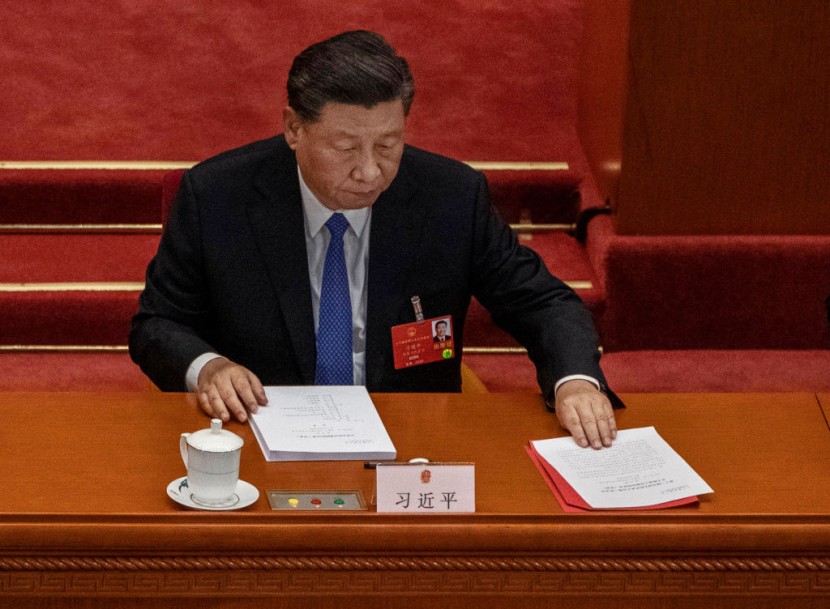
Chinese President Xi Jinping announced that the government would take necessary measures to minimize the economic impact of the resurgence of COVID-19 in China.
During a closed-door meeting of the politburo standing committee, China's highest decision-making body, Xi declared that there is a need for the country to "strive to achieve the maximum prevention" and management "at the least cost" and to mitigate the impact of the outbreak "on economic and social development.
China, the world's second-largest economy, is currently experiencing a massive COVID-19 surge since the first major outbreak in the first quarter of 2020. According to a Reuters report, authorities registered 2,388 new local infections with confirmed symptoms on Thursday in Mainland China, almost double the count a day earlier.
Strict Restrictions Have Serious Consequences
Early this month, cases have surged in China, which has imposed strict measures focusing on containing the outbreak of infections while other countries have decided to live with the virus.
The Chinese government has implemented stringent restrictions to manage transmissions, as per CNN report. Tens of millions of people have been placed under various forms of lockdowns. Businesses closed down, and travel was restricted in several major industrial and technology hubs.
However, according to economists, the sweeping lockdowns will have a significant impact on China's economy. On Thursday, Goldman Sachs analysts predicted that a four-week shutdown of 30% of China's economy would cut GDP by approximately 1%.
Meanwhile, economists at Nomura predict that Beijing's zero-Covid goal will make achieving its 5.5 percent GDP objective for 2022 particularly challenging.
As a result of the restrictions, firms like iPhone maker Foxconn Technology Group and Toyota Motor Corp. have to close their factories temporarily. Also observed was a drop in consumer travel and expenditure at stores and restaurants due to the constraints, with sentiment remaining low compared to pre-pandemic levels.
Bloomberg reported that concerns about the COVID-19 crisis sparked the largest sell-off in Chinese markets almost a decade earlier this week, causing the government to intervene to reassure traders and halt the drop.
According to Bruce Pang, head of macro and strategy research at China Renaissance Securities Hong Kong Ltd, the indications from Xi's meeting imply China will first reduce infections, then alter its viral control techniques.
Hong Kong COVID-19 Deaths Soar
Meanwhile, approximately 20,000 new coronavirus cases were recorded in Hong Kong on Friday, as health experts sought a viable direction of the city's "zero COVID" policy, which resulted in its isolation.
In recent weeks, the heavily populated Hong Kong has had the highest number of deaths per million inhabitants worldwide, according to Reuters.
Many people have been frustrated by the restrictions, which include a ban on flights from nine countries, including the United Kingdom and the United States, a quarantine of up to 14 days for residents returning to Hong Kong, as well as the shutdown of schools, gyms, beaches, and other sites.
Hong Kong Chief Executive Carrie Lam announced that an update on restrictions would be provided on March 20 or 21 before their expiration on April 20, admitting that financial institutions are becoming frustrated with the government policies in managing the COVID-19 pandemic.
Related Article: China Loses Zero-COVID Battle With Poorer Regions Forced to Have Rigid, Crude Lockdowns; Xi Jinping To Implement New Strategy
© 2026 HNGN, All rights reserved. Do not reproduce without permission.








